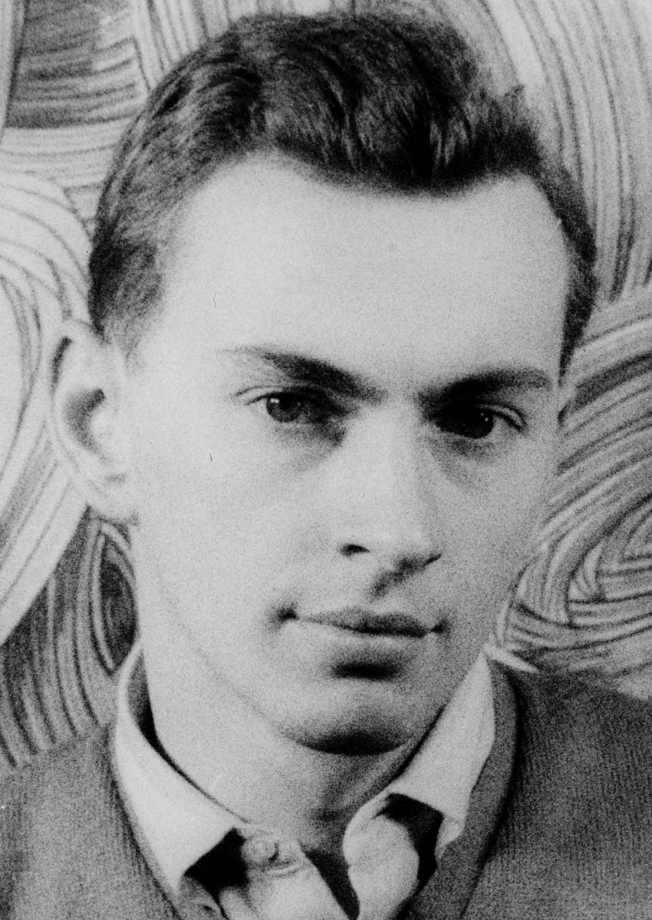On this date in 1925, writer Eugene Louis Vidal was born at West Point, N.Y., where his father was the first aeronautics instructor at the U.S. Military Academy. (He dropped his first and middle names when he was 14, exchanging them for Gore.) He largely grew up in the home of his grandfather, Sen. Thomas P. Gore, D-Okla. He graduated from Philips Exeter Academy in New Hampshire and joined the Enlisted Reserve Corps.
His first novel, Williwaw, was published when he was only 19. It was followed by the wave-making The City and the Pillar (1948), which featured a sympathetic gay protagonist. Vidal was the prolific author of many other novels and plays, many based on history and politics, and worked in TV and the movies. His novels include Julian (1964), Myra Breckenridge (1968), Burr (1974) and Live from Golgotha (1992), an irreverent satire imagining New Testament events if reported on TV.
A cousin of former Vice President Al Gore, he made some political runs, including a try for the U.S. Senate seat in California in which he came in second out of nine in the 1982 race. Vidal was perhaps best-known as a public intellectual and for his refreshing and acerbic interviews and one-liners, such as his famous remark about Ronald Reagan: “A triumph of the embalmer’s art.” “Probably no American writer since Franklin has derided, ridiculed, and mocked Americans more skillfully and more often than Vidal,” wrote Gordon S. Wood. (The New York Times, Dec. 14, 2003)
Vidal’s essays, such as “Pink Triangle and Yellow Star” (1981), are collected in Armageddon (1987). Palimpsest (1995) was his well-received autobiography. He rarely missed a chance to diss religion or monotheism: “I regard monotheism as the greatest disaster ever to befall the human race. I see no good in Judaism, Christianity, or Islam.” (Letter to Warren Allen Smith, 1954, Who’s Who in Hell.) (D. 2012)
PHOTO: Vidal at 23 in 1948; Carl Van Vechten photo.


